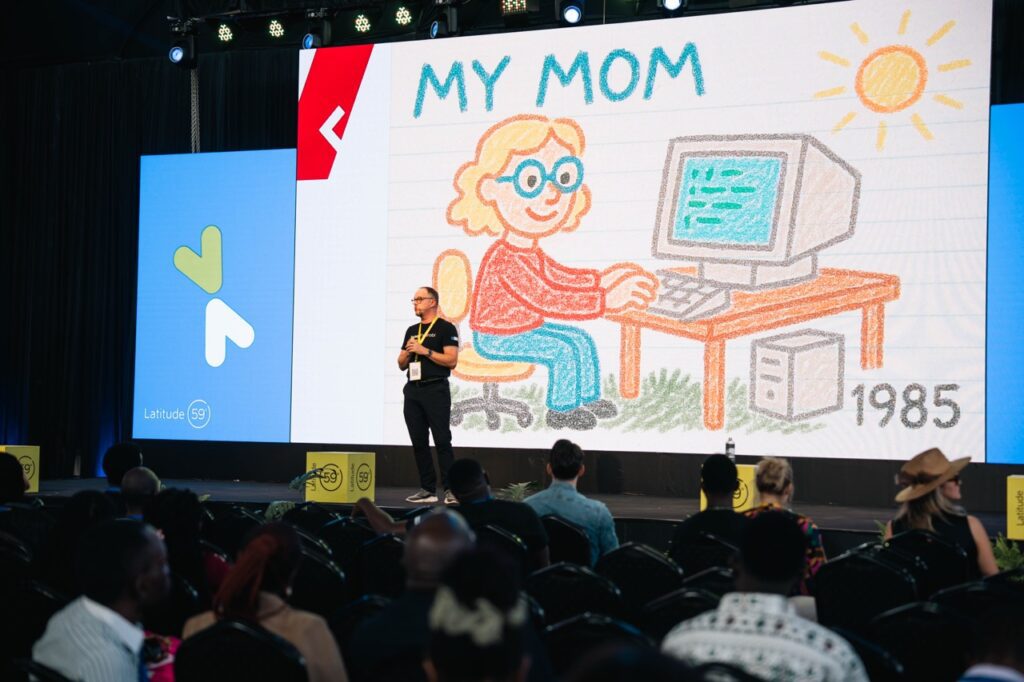Why is health-tech still so challenging and slow? At Health Founders and Verge HealthTech Fund we often ask ourselves this question. Just days ago, the very first photo of Sagittarius A*, a massive black hole in the middle of our galaxy, was published by NASA. We can literarily take pictures of collapsed stars that suck all incoming light 26,000 light-years (or 2.47 x 1017 km – yes, 17 zeros) away, yet back here on Earth, we still can’t systematically adopt simple technologies that help provide adequate access to healthcare to the billions of people who need it. Why is that?
COVID finally moved the needle
Healthtech adoption finally started to accelerate the moment we had our first lockdowns. First, the tech took off; then the question of how to pay for it became more critical. With public payers beginning to reimburse for remote consultations, testing, and even digital therapeutics, it opened new ways for healthcare services and products to reach broader society. However, despite the increased public investment and the number of health-tech and med-tech startups aiming to bring new products and services to the general public, every single day we see that even with the best intentions, getting to the market can pose a massive challenge.
Seeing health-tech startups at their earliest stages, be it through Health Founders as an accelerator or Verge HealthTech Fund as a VC, and with a combined experience of reviewing over 3000 health-tech startups between us, we have noticed several key areas that can address this question.

Health-tech is not just about the “tech” – first and foremost it’s about “health”
When an industry becomes “hot”, at a certain point, a signal-to-noise problem arises – entrepreneurs sitting on the sidelines rush in, then capital and talent follows. Seeing this, then even more entrepreneurs rush in, more capital, more talent, and so on. At some point, diminishing returns are reached, and the wicked problem with healthcare is the sheer amount of industry background required to know what to change and how to change it effectively, on top of all of the challenges of starting and scaling a startup. It is the only industry (according to Superfounders by Ali Tamaseb) where industry insiders have a much higher chance of success than outsiders.
The first rule of the art of medicine is “primum non nocere” – (“do no harm’’) in the startup world sometimes, unfortunately, we tend to forget this while chasing the bright future. It doesn’t mean only that the procedure or drug or device should be safe – furthermore, it means, that you should refrain from applying ineffective treatments.
Don’t be too dismayed if you don’t come from a healthcare background – success is still possible, and your odds might increase if you follow a few simple (…to explain, but hard to do) guidelines – and the philosophy that any innovation in healthcare must start with the “health” part:
- 1. How large is the need? Is it a life-or-death matter? A horrible inconvenience? Something that goes underreported/undiagnosed and festers?
- 2. Does it solve a clinical need faster, better, or cheaper than what is available today?
- 3. OK – how do you prove it? What is the clinical evidence for your assumption?
Question number 3 in the list above is where startups find the most difficulties. As you are dealing with people’s health, if your product or service makes any sort of medical claim (diagnosis, treatment, etc.), then you will not only need the clinical backing for those claims but also permission from the regulators of the countries you want to sell your products/services in. As you can imagine, this already can set back quite a few groundbreaking ideas and products, for a few years at the least. Oh, and these studies are not cheap.
How do you overcome this long period of uncertainty and the large amounts of capital required? It certainly helps to surround yourself with people that have already gone through this and understand how to design the initial studies, identify interested clinical trial sites, recruit the patients themselves, and then ask the regulators nicely. Some of our own startups are going through this very process right now – including Migrevention (Estonia), RetiSpec (Canada), LungPass (Estonia), and Mobio Interactive (Singapore).

Integrating into existing healthcare service pathways
This goes hand in hand with the stakeholder management and understanding their pain points and how they relate with one another. More often than not, healthcare services are provided by hospitals and clinics – physical places with many internal processes and procedures (although this is changing – especially across emerging markets). If your product or service requires additional time and resources without providing clear evidence of any value, integrating such a service will be very difficult.
Imagine the last time you yourself had to change things in your workflow, that were introduced by someone other than you. How well did you receive it? Did you jump in right from the start or were you hesitant? Did you consciously (or subconsciously) reject these new changes? Now imagine, if you worked 12 hours a day, and saw a new patient every 5 minutes?
You can therefore quickly see that “helping the patient” is probably not the strongest argument on its own (unless you’re curing cancer), so here is understanding the patient and stakeholder journeys, and the decision-making process becomes essential.
Takeaway
Creating a health-tech startup is hard due to the long timelines, high capital costs, extreme risks of failure, and commercial complexities. If creating a startup, in general, lands on a difficulty scale of 1 to 10 on around 9, then it might seem that creating a health-tech startup is on 11, or 12 if you’re doing hardware (with recent supply chain challenges)! That’s why you have to have a deep conviction in what you’re doing. This is the reason why we are always fascinated to meet founders who are “crazy” enough to consider doing this, especially the ones going into this with their eyes fully open.
If you happen to be one of these “crazy ones”, be sure to come and say hi to us during Latitude59! We’d love to meet you, hear your story, and see if we can work together one day. And don’t miss the fireside chat “Why health-tech is so hard (and why we do it anyway)” on Thursday, May 19 at 10:15, Founder Stage – Joseph Mocanu from Verge will be moderating.



